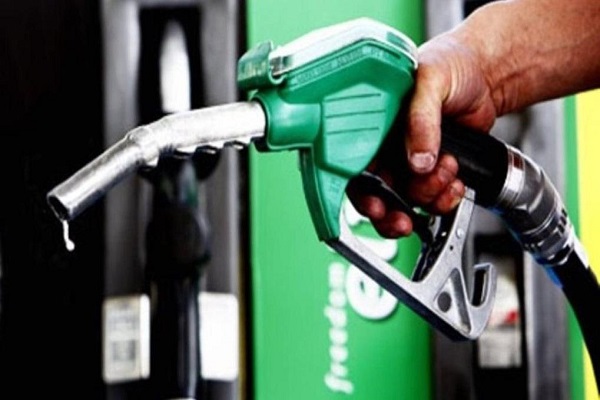Petroleum marketers have warned that petrol prices could rise above N1,000 per litre following President Bola Tinubu’s approval of a 15 per cent ad valorem import tariff on petrol and diesel imports.
The new tariff, which takes effect after a 30-day transition period ending November 21, 2025, is part of the government’s plan to protect local refineries and encourage domestic production.
However, depot operators told journalists on Thursday that the decision could worsen inflation and further strain Nigerians already struggling with high fuel prices. “As it is, the price of fuel may go above N1,000 per litre. I don’t know why the government will be adding more to people’s suffering,” one operator said.
The National Vice President of the Independent Petroleum Marketers Association of Nigeria (IPMAN), Hammed Fashola, said the policy had both “positive and negative” implications, explaining that while it could discourage fuel importation, it might also create monopolies favouring local refiners such as Dangote Refinery.
Fashola warned that any failure by local refiners to meet demand could lead to scarcity. “If local refineries fail, it will have its implications. It may lead to scarcity, and people will not have alternatives,” he said.
The Federal Inland Revenue Service (FIRS), which proposed the policy, said the measure would align import costs with local production realities. FIRS Chairman Zacch Adedeji noted that the duty could increase the landing cost of petrol by about N99.72 per litre, generating an estimated N1.9 billion daily in government revenue.
He said the reform, backed by the Petroleum Industry Act, aims to promote a level playing field for domestic refiners and strengthen Nigeria’s energy security.
But critics, including APC chieftain Ayiri Emami, faulted the move, saying it would “hurt the masses, not marketers.” Energy analysts also warned that without stabilisation measures, the policy could push retail prices beyond sustainable levels.
Meanwhile, the Nigerian Midstream and Downstream Petroleum Regulatory Authority (NMDPRA) said it would implement the directive once formal notification is received, assuring that competition and market forces would determine pump prices.

